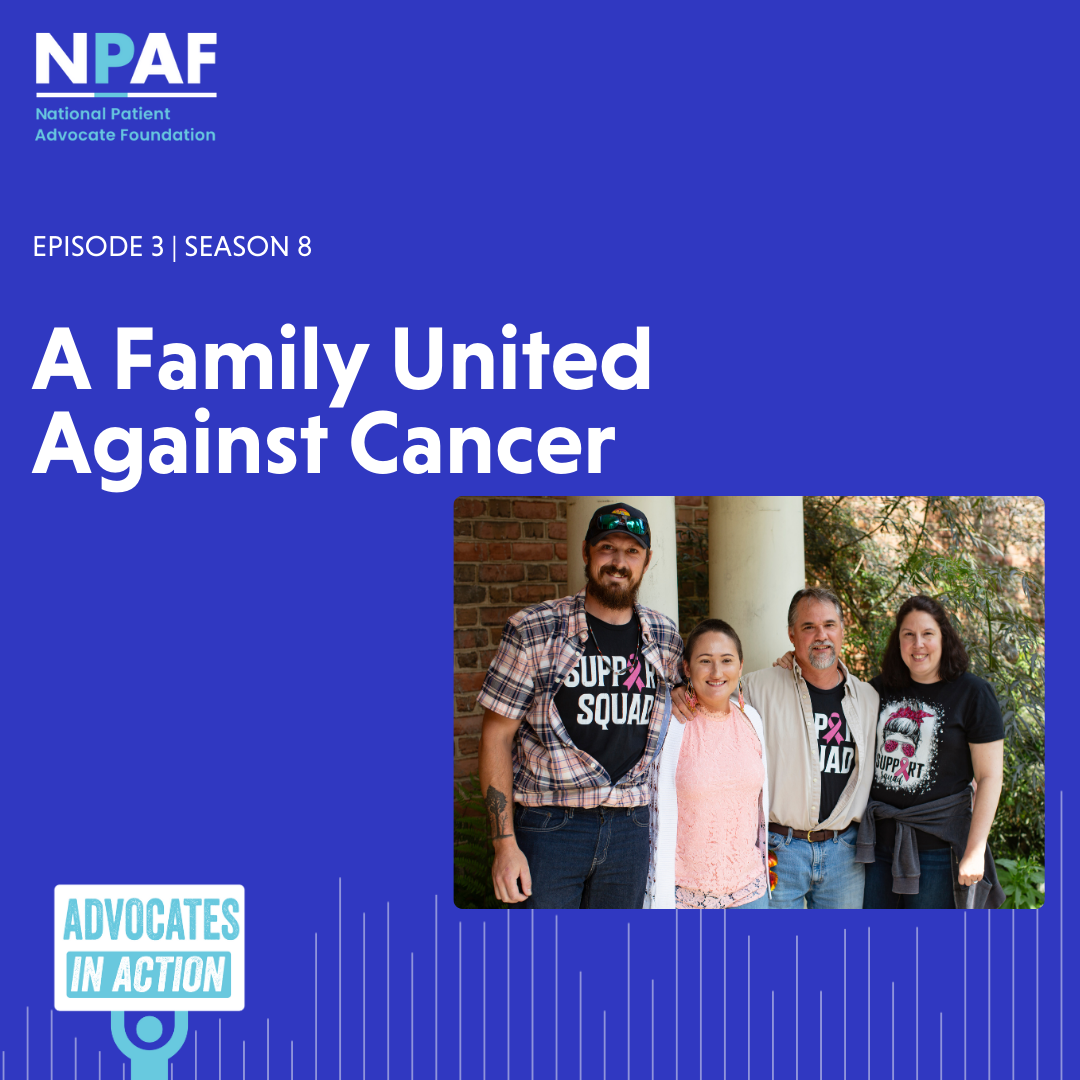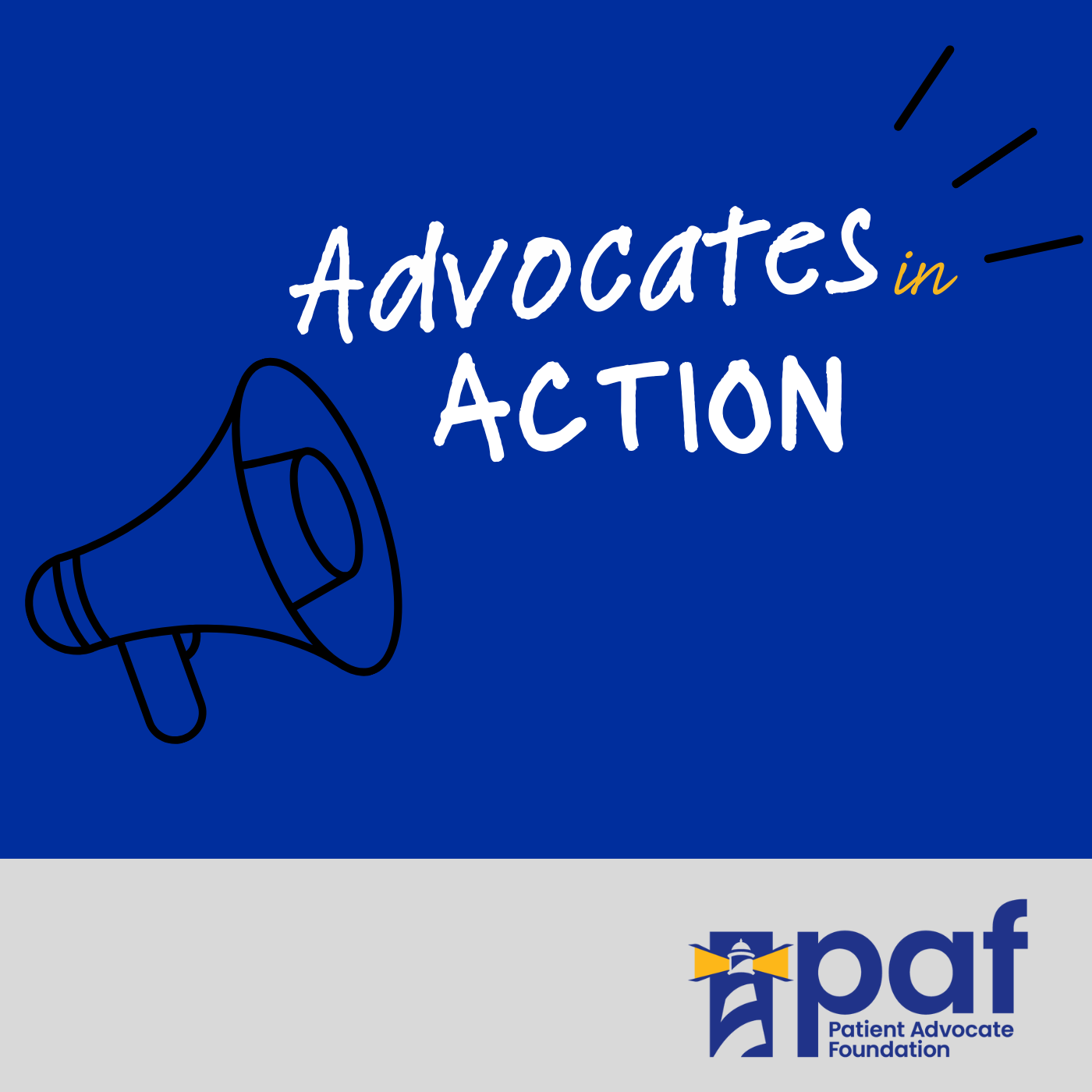Dissecting the Multiple Layers of Health Literacy
When we talk about health literacy, what are we really saying? In this episode, Lisa Stewart unpacks the deeper layers behind the words we use in healthcare—from everyday language to professional titles—and how they shape our understanding, interactions, and biases. She challenges us to see health literacy not as a one-sided issue, but as a shared responsibility between patients, providers, and systems.
Lisa also introduces more precise terms like structural and social determinants of health literacy, helping us reframe the conversation. Through vivid examples, she paints a picture of a healthcare environment where patients feel safe to ask questions, learn through hands-on experiences, and connect meaningfully with providers who have the time and resources to truly listen.
Tune in to explore how communication rooted in respect and compassion can transform health outcomes—and what it takes to get there.

Community health workers are the beating heart of compassionate, community-based care — often serving as the critical link between healthcare systems and the people...

A Journey of Strength, Faith, and Family: Desiree Nuckols on Her Breast Cancer Story When faced with a breast cancer diagnosis, each person must...

At just 20 years old, Naimi Pothiwala is already making a meaningful difference in her rural hometown of Apex, North Carolina. As an undergraduate...